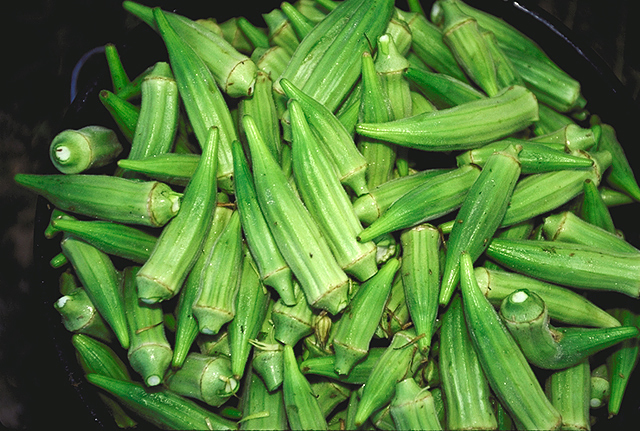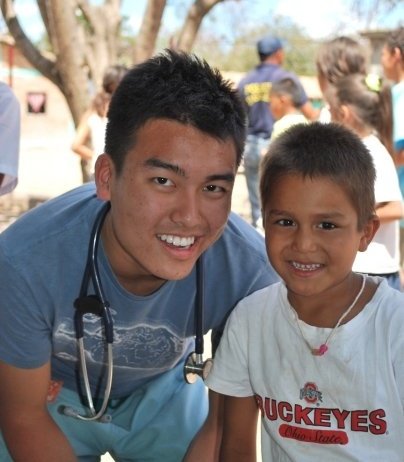Last evening was our first class meeting where we were treated to an authentic dinner at Dr. Reid's home at the Park Shelton. I was slightly nervous to meet him at first because he was the university's president and all - but as soon as he opened the door, any feelings of anxiousness disappeared. His warm smile and personality is truly remarkable!
At the meeting, Professor Krause introduced the members of the class and discussed some basic information about the class. I honestly cannot remember much of what he said though because I think everybody suffered from a food coma that evening. Let me explain.
Dr. Reid invited a chef to cook an authentic Eastern African dinner for our class. Below is the menu.
Menu
Goat Light Soup & Bread Rolls
*
White Yams & Boiled Eggs
*
Red-Red, Black Eyed Pea Stew w/ Fish and Beef
and Ripe Plantain
*
Groundnut Soup w/ Rice Balls and Chicken
*
Plamnut Soup, FuFu w/ Smoked Fish and Cow Meat
*
Fried Okra w/ Shrimp and Jollof Rice
*
Coconut and Assorted Fruit (pineapple boat and watermelon)
We were able to learn a little bit about the food and how it is traditionally eaten. For example, the white yams an d boiled eggs are a kind of delicacy and reserved for special occasions. The chef explained that it is traditional to eat this dish with your hands, so Michelle, Mrs. Krause, and I all dug in - literally. Every course in the meal was incredible, but my favorite was definitely the Fried Okra with Shrimp and Jollof Rice. I think okra is such an interesting and delicious vegetable and since we are going to be spending two weeks on the continent that okra originates from...I'm sure I'll be eating plenty of okra.Of course, while we enjoyed this culinary adventure, I can't help but think of all the people in Mozambique who are going hungry at this moment. According to the United Nations World Food Program, Mozambique is one of the poorest countries in the world - 172/177 to be exact. With devastating natural disasters such as floo
 ds wreaking havoc on the food supply, Mozambicans are struggling to survive. The government reports that nearly 54% of the population is living below the poverty line. The issue of world hunger is something one cannot solve alone. It will take everybody's cooperation. However, I wonder how Mozambique's poverty levels fluctuated during the period of "socialistic" Frelimo reign in comparison to the modern "privatized" economy era? Are the people seeing and benefiting from a capitalistic economy?
ds wreaking havoc on the food supply, Mozambicans are struggling to survive. The government reports that nearly 54% of the population is living below the poverty line. The issue of world hunger is something one cannot solve alone. It will take everybody's cooperation. However, I wonder how Mozambique's poverty levels fluctuated during the period of "socialistic" Frelimo reign in comparison to the modern "privatized" economy era? Are the people seeing and benefiting from a capitalistic economy?I am sure that as the class begins some of my questions about Mozambique will be answered and much more will be raised. I look forward to this once-in-a-lifetime opportunity to travel and experience a country that is so different, yet still united through our desire for democracy.
Again, thank you Dr. Reid for providing such an amazing experience and starting our Mozambique journey with a bang!

